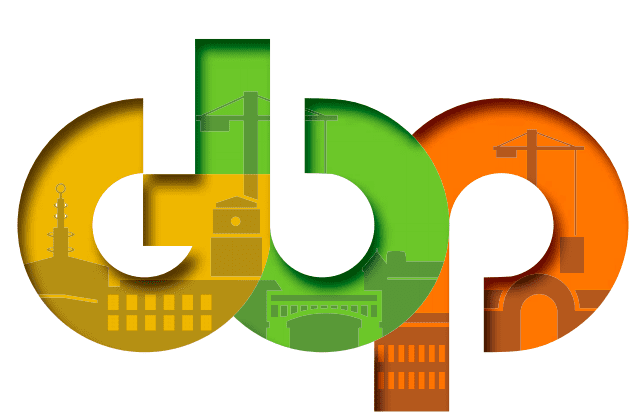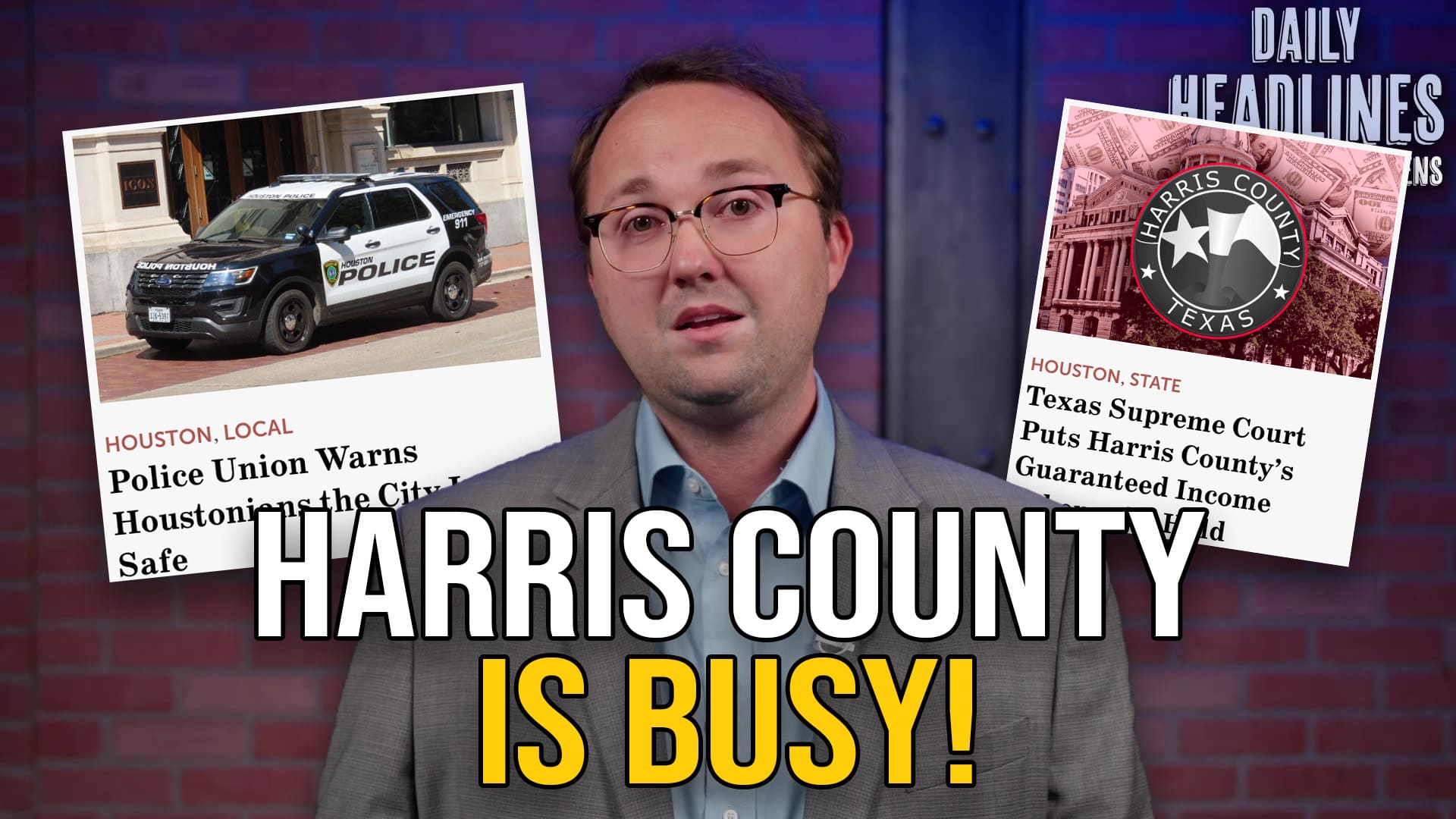Garland voters will decide this Saturday whether to approve millions in new city spending and debt that would result in a significant property tax hike to repay it. The tax increase would be on top of a 53 percent spike in city tax bills forced on the average Garland homeowner in recent years.
Eight debt propositions totaling $423.7 million are on the city’s May ballot. City officials estimate the projects would be completed in the next seven to 10 years:
- Proposition A – Streets ($122.25 million)
- Proposition B – Public Safety ($51.35 million)
- Proposition C – Storm Drainage ($47.35 million)
- Proposition D – Parks and Recreation ($117.75 million)
- Proposition E – Libraries ($21 million)
- Proposition F – Economic Development ($46 million)
- Proposition G – Municipal Facilities ($6 million)
- Proposition H – Animal Shelter ($12 million)
Garland currently owes $265 million in property tax-supported debt principal, according to the city’s voter information guide.
All of the debt must be repaid with interest by city property taxpayers. Officials expect the new debt would require a 12 percent increase in the city’s property tax rate, from $0.70 to $0.785 per $100 of assessed taxable value.
While the city’s tax rate has remained flat for 10 years, the average Garland homeowner’s city property tax bill increased 53 percent over the last five years to $1,023.
City officials who have not reduced the city’s tax rate to offset skyrocketing property values are the direct cause of the tax spike. An 8.5-cent rate hike by the city, on top of rising property values, would raise residents’ tax bills even faster than before.
Garland voters will decide which, if any, of the proposed projects are worth paying significantly higher property tax bills.
Voters will also choose city council members for Districts 3 and 4. Candidates for mayor and council Districts 7 and 8 are running unopposed.
Election Day is Saturday, May 4.





